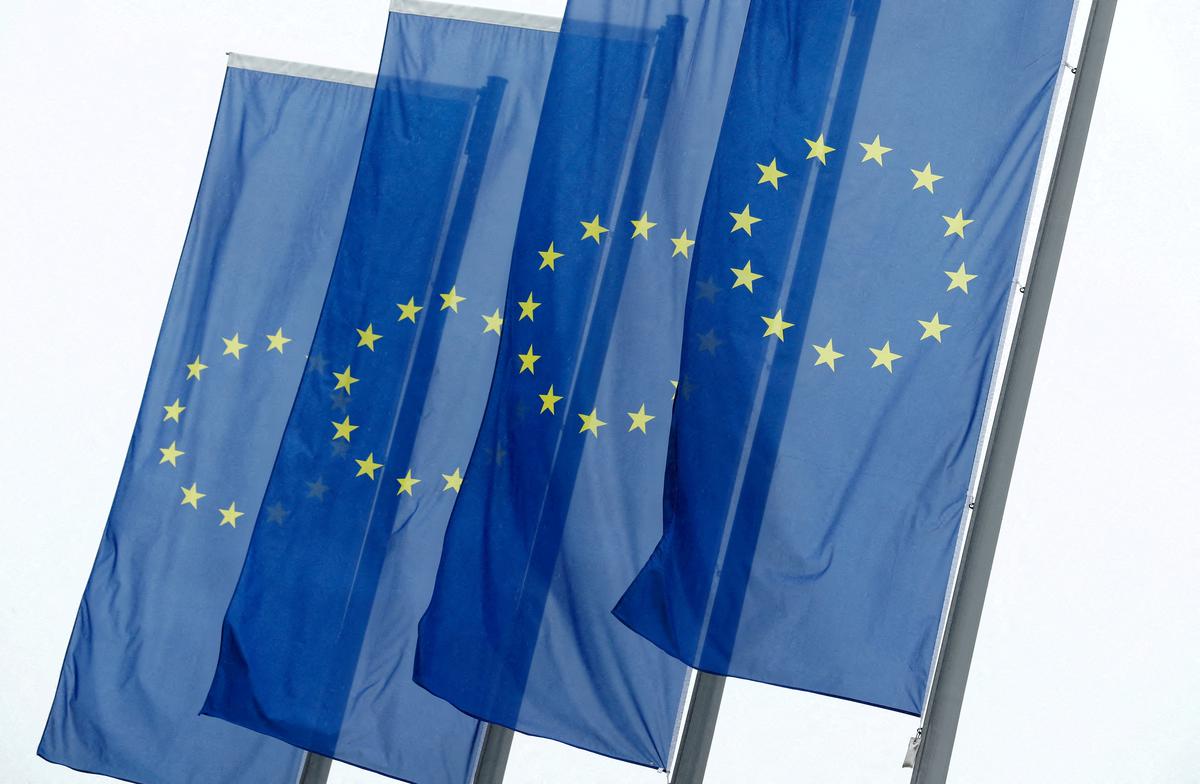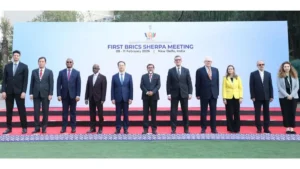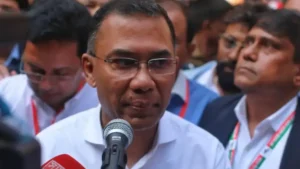The European Union (EU) has conveyed disappointment at India’s refusal to engage in interim arbitration for resolving the ongoing dispute concerning import duties on specific Information and Communications Technology (ICT) products, such as smartphones and components. India defends its stance, asserting that interim agreements undermine the right to appeal to a permanent standing body and emphasizes the need to restore the functioning of the WTO appellate body.
Interim Arbitration Rejected by India
- India defends its decision at the World Trade Organization’s dispute settlement body meeting.
- Longstanding position: Interim agreements suggested by the EU undermine countries’ right to appeal to a permanent standing body.
- Importance of appellate body: India stresses the significance of restoring the functioning of the appellate body promptly.
EU’s Regret and Appeal to Non-Functional Appellate Body
- Deep regret expressed by the EU over India’s rejection of repeated requests for appeal arbitration.
- Appeal to non-functional appellate body prevents the EU from settling the dispute through adjudication.
- Three years ago, the EU and other WTO members established an interim arrangement for resolving appeals in the absence of a functioning WTO appellate body.
- India has consistently opposed this interim arrangement.
Background of the Dispute
- In April 2019, the EU lodged a complaint against India’s import tariffs on certain ICT products, alleging a breach of India’s WTO commitments.
- Disputed products include mobile phones, components, base stations, integrated circuits, and optical instruments.
- WTO constituted a dispute panel in August 2020 based on the EU’s request.
- Japan and Chinese Taipei also filed similar disputes against India.
WTO Panel Ruling and India’s Appeal
- In April 2023, the WTO’s dispute settlement panel ruled against India’s tariffs on ICT products.
- On December 8, 2023, India appealed against the ruling at the non-functional WTO appellate body.
- India had previously appealed in a case related to Japan, with ongoing discussions with Chinese Taipei for mutual resolution.
Hope for Appellate Body Restoration
- India expresses hope for the early restoration of the appellate body, non-functional since December 2019.
- The US has been hindering the appointment of judges, leading to the body’s inactivity.
- Restoration of the appellate body is seen as crucial for correcting errors in the panel report and facilitating dispute resolution.
Questions Related to Exams
Q: Why is the EU disappointed with India’s stance on ICT import tariffs at the WTO?
A: The EU is disappointed as India rejects interim arbitration, hindering resolution, and defends its decision, citing concerns about undermining the right to appeal.
Q: What is India’s position on interim arbitration, and why does it oppose the EU’s suggestion?
A: India opposes interim arbitration, arguing it undermines the right to appeal to a permanent standing body. India stresses the importance of restoring the WTO appellate body’s functioning.
Q: What led to the dispute between the EU and India regarding ICT import tariffs?
A: The EU lodged a complaint in 2019, alleging India’s breach of WTO commitments on ICT products. The dispute centers on import duties, including those on smartphones and components.
Q: What is the status of the WTO appellate body, and why does India hope for its early restoration?
A: The WTO appellate body has been non-functional since December 2019. India hopes for its swift restoration to correct errors in the panel report and facilitate dispute resolution.




 World Health Organization Prequalifies N...
World Health Organization Prequalifies N...
 India Hosts First BRICS Sherpas Meeting ...
India Hosts First BRICS Sherpas Meeting ...
 Tarique Rahman Set to Lead Bangladesh? B...
Tarique Rahman Set to Lead Bangladesh? B...








